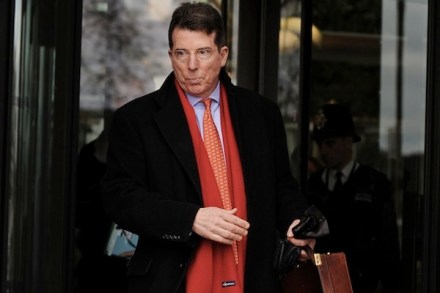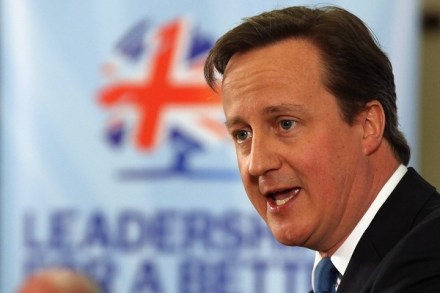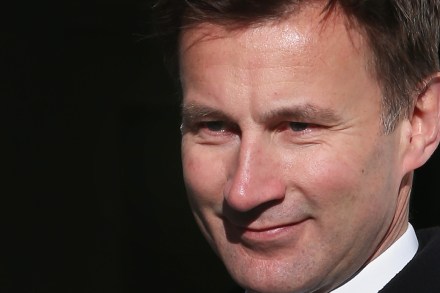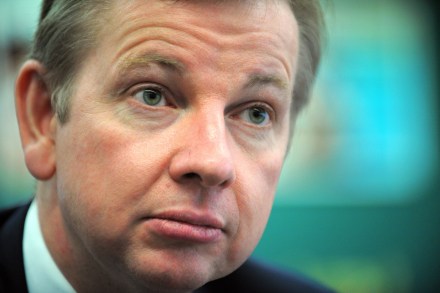Phone hacking: today’s charges
The Crown Prosecution Service this morning charged eight suspects in relation to phone hacking. These suspects, including Rebekah Brooks Andy Coulson face a total of 19 charges, which I’ve set out below. Rebekah Brooks, Andrew Coulson, Stuart Kuttner, Greg Miskiw, Ian Edmondson, Neville Thurlbeck and James Weatherup are all charged with conspiring to intercept the voicemail messages of well-known people and/or those associated with them without lawful authority from 3 October 2000 to 9 August 2006. Private investigator Glenn Mulcaire, who is the eighth person charged today, does not face this first charge for legal reasons, but four charges relating to Milly Dowler, Andrew Gilchrist, Delia Smith and Charles Clarke


















